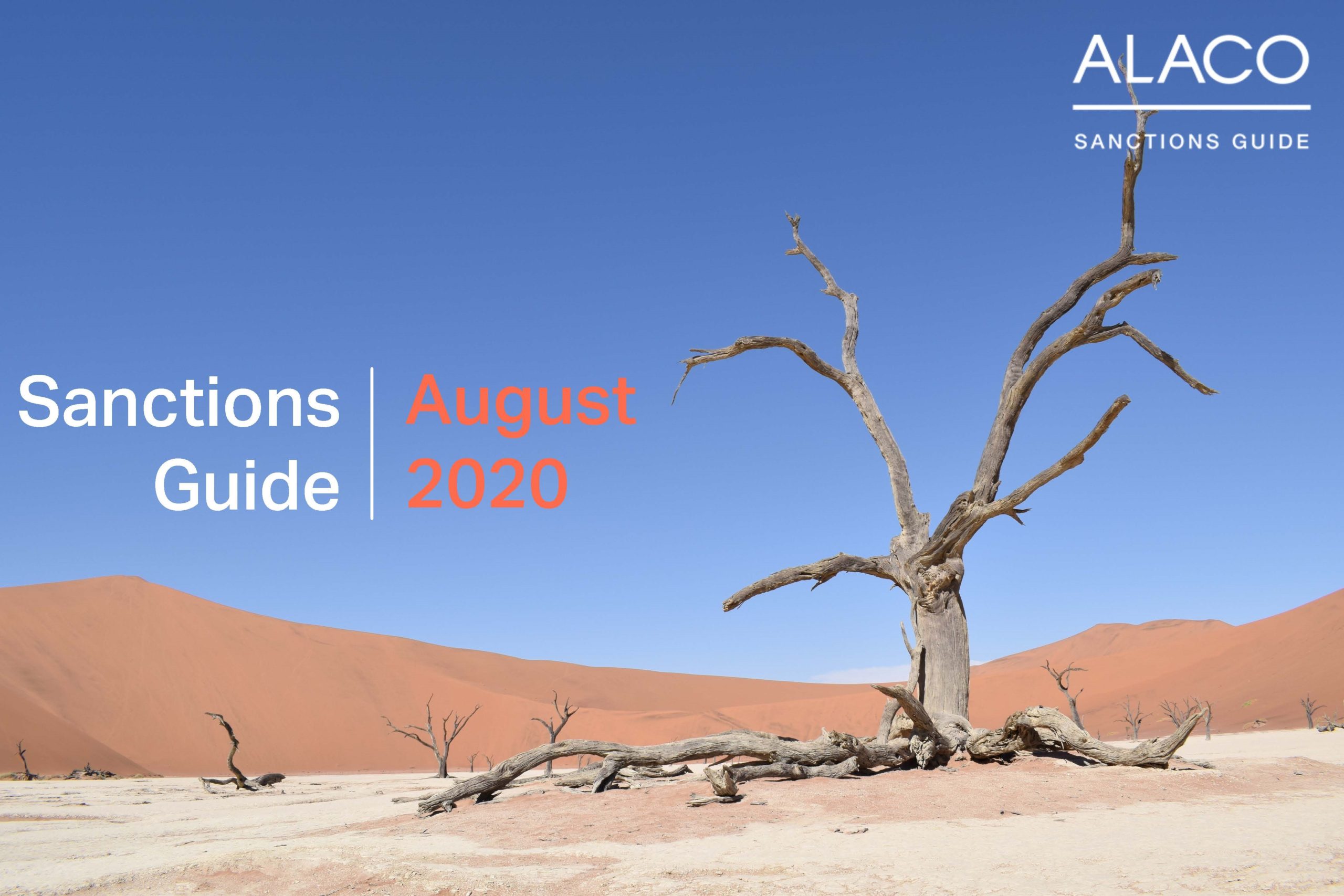Key sanctions developments in July include a number of US measures against China as tensions between them rise; Britain’s launch of an independent sanctions regime; the EU’s first use of cyber-sanctions; and new US attempts to stall the Nord Stream 2 pipeline.
- In July the UK launched a new, independent sanctions regime, with the power to stop those suspected of serious human rights abuses entering the UK, channelling money through its banks, or profiting from the British economy. In London’s first deployment of the new measure, 49 individuals and organisations have been targeted – including Russians, Saudis, Burmese and North Koreans – with links to alleged human rights abuses. Labour and Conservative MPs are reportedly keen to see Chinese nationals listed in future sanctions rounds. The UK will continue to implement EU sanctions until the end of the transition period.
- In an escalation of tensions between Washington and Beijing, the US has sanctioned the Xinjiang Production and Construction Corps and two connected officials in relation to alleged human rights abuses against ethnic minorities in the predominantly Muslim province of Xinjiang. The sanctions were instituted under the Global Magnitsky Act, and follow trade-related measures against 11 Chinese companies over alleged complicity in human rights abuses in Xinjiang. New legislation in America also grants the Trump administration more powers to sanction Chinese officials linked to Beijing’s imposition of a national security law on Hong Kong, curbing democratic freedoms.
- UK foreign secretary Dominic Raab has publicly stated that he could not rule out sanctions against those deemed responsible for human rights breaches in Xinjiang. Britain’s relations with China have deteriorated markedly since China imposed its national security law on Hong Kong. The UK has responded by suspending an extradition treaty with Hong Kong.
- In the first ever use of its cyber-sanctions programme, the European Union has listed Russia’s military intelligence service and North Korean and Chinese entities in response to their suspected involvement in a series of cyberattacks around the world over the last few years
- With the controversial Nord Stream 2 pipeline, carrying Russian gas to Germany, close to completion, the US has stepped up efforts to stall the project. An amendment toughening legislation that sanctions companies involved in the pipeline’s construction has been approved by the House of Representatives. The reform, which is yet to be signed into law, also targets entities providing services to those working on Nord Stream 2. Separately, the State Department has updated CAATSA sanctions legislation, extending penalties to companies involved in building Nord Stream 2 and the TurkStream pipeline, linking Russia with southern Europe. The US is concerned the pipelines will strengthen Russia’s grip on the European gas market and deny Ukraine, through which Russian gas has long passed, vital transit revenue.
- Additional evidence of alleged North Korean sanctions evasion has prompted the United Nations Security Council to call on member states strictly to observe trade restrictions against Pyongyang. The warning came after the Council received a complaint from 42 countries, including the US, the UK and France, charging North Korea with importing more refined petroleum products than is permitted under UN sanctions.
- Amid fears of rising violence in Libya, France, Germany and Italy have taken the unprecedented step of jointly threatening sanctions against those who breach a UN arms embargo against the country. Their warning comes as Turkey steps up its support for the internationally recognised government in Tripoli in its conflict with the forces of General Khalifa Haftar, who is backed by the UAE, Egypt and Russia. Ankara, Cairo and Abu Dhabi have already been accused by the UN of breaking the embargo. The US embassy in Libya has also warned that those who undermine Libya’s economy and “cling to military escalation” will face isolation and risk of sanctions.
- In a second round of sanctions under the Caesar Syria Civilian Protection Act, the US has targeted President Bashar al-Assad’s son, Hafez, as it ramps up pressure on Damascus to end the Syrian war. The new sanctions, which also blacklist ten entities and three other people, come in the wake of other US and European Union measures, including asset freezes, and bans on trade and investment.
- Efforts by European countries to bypass American sanctions against Iran have received a boost with the first successful delivery of medical goods – a consignment of cancer drugs by an unnamed Swiss drug maker – under a new Swiss humanitarian trade channel. In March, the INSTEX trading vehicle – led by Britain, France and Germany – completed its first transaction: a delivery of medical goods to Iran.


